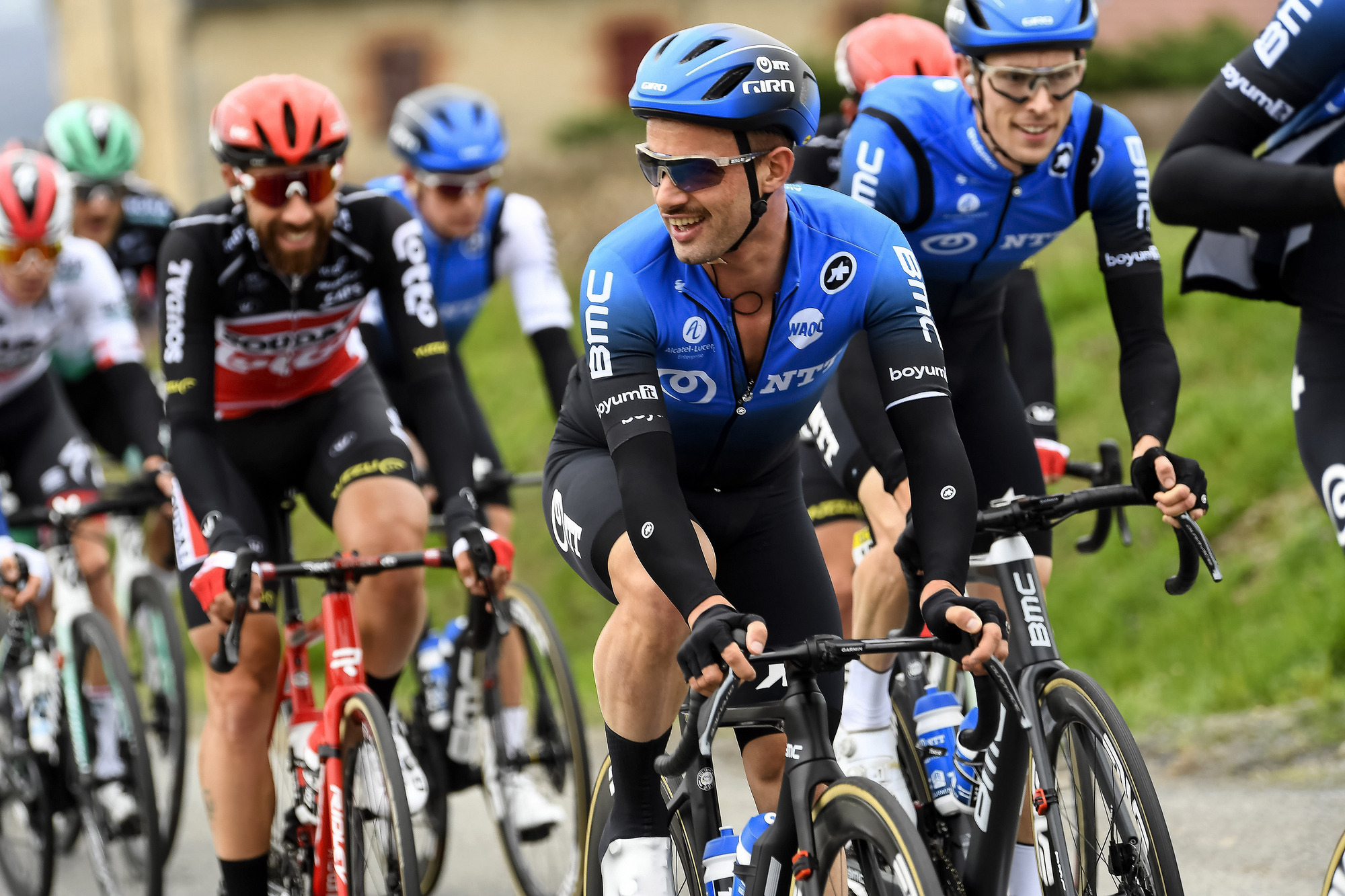Campenaerts sets altitude tent to 4,700m to 'feel like a rider on EPO'
'Medically, that is the height at which you are just not starting to die'

Victor Campenaerts (NTT Pro Cycling) has revealed that, despite very little training, he is in top condition after sleeping in an altitude tent for the past three weeks.
The Hour Record holder lives near sea level in Belgium but the tent has enabled him to simulate the atmospheric conditions of high altitude, where reduced oxygen levels cause the body to produce more red blood cells.
Speaking to Belgian broadcaster Sporza, Campenaerts suggested he'd been able to mimic the benefits of doping with EPO and said he was aiming for "an unprecedentedly high hematocrit".
Altitude tents, also known as hyperbaric or hypoxic chambers, are permitted under World Anti-Doping Agency rules, but are banned in some countries, including Italy and Norway.
While altitude training camps commonly see riders sleep above 2,000 metres, Campenaerts has taken things to the extreme by setting his tent to 4,700m.
"That is of course extremely high," he told Sporza. "Medically, that is the height at which you are just not starting to die. If you went higher, your body would start to break down because it is too heavy.
"But 4,700 meters is also the height at which you extremely trigger your body to produce red blood cells and still have enough energy to do that."
Get The Leadout Newsletter
The latest race content, interviews, features, reviews and expert buying guides, direct to your inbox!
The conditions were so tough that Campenaerts was barely able to ride his bike, at a time when many of his colleagues were clocking up long base-building training rides.
"I cycled less than the average cycling tourist in that period. I only rode eight hours a week," he said.
"But after those weeks in an altitude tent you are super strong. Because you have produced so many red blood cells, you should be able to feel like a rider who took EPO. Only I barely cycled for three weeks, while a rider who took EPO would have ridden hard for three weeks."
Campenaerts considered the exercise a success and will continue his preparation for the delayed 2020 season by setting his tent to a lower altitude.
"I want to start the last training block towards the season with an unprecedentedly high hematocrit," he said, referring to the concentration of red blood cells in the blood, which was formerly used as an indicator of EPO use.
Despite being permitted by WADA and used by many professional cyclists, altitude tents have caused concern, given the artificial nature of the induction of physiological changes in the body.
In 2006, WADA considered banning them as its ethics committee deemed they were "probably contrary to the spirit of sport", though no action was eventually taken.
Defending Thomas De Gendt's use of the chamber a couple of years ago, Lotto Soudal boss Marc Sergeant said: "Where do you draw the line? Is a home trainer okay? It's the same thing. You can go on the home trainer instead of out on the road and the opposition can say 'that's not ethical'. I don't think it's a big problem."
Cyclingnews is the world's leader in English-language coverage of professional cycling. Started in 1995 by University of Newcastle professor Bill Mitchell, the site was one of the first to provide breaking news and results over the internet in English. The site was purchased by Knapp Communications in 1999, and owner Gerard Knapp built it into the definitive voice of pro cycling. Since then, major publishing house Future PLC has owned the site and expanded it to include top features, news, results, photos and tech reporting. The site continues to be the most comprehensive and authoritative English voice in professional cycling.